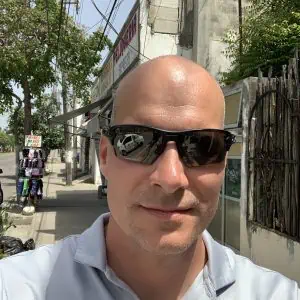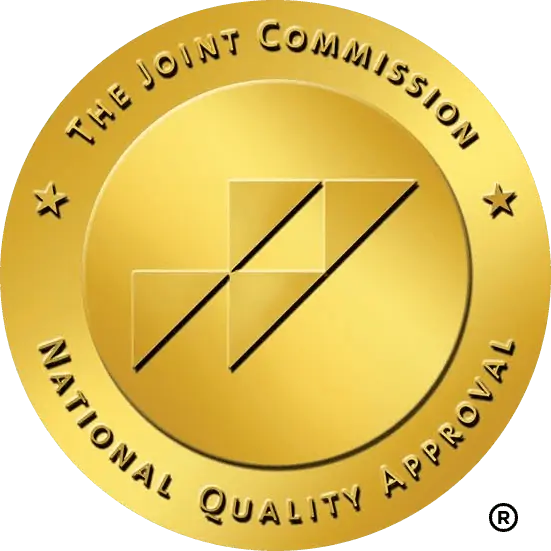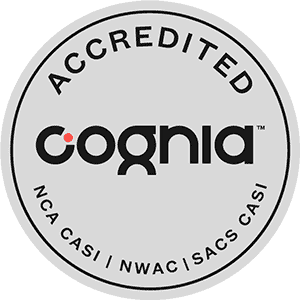Parents are usually told not to worry about unruly teens because the behavior is probably due to changing hormones. That may be true for some teens, but for others, hormones are just the tip of the iceberg. When you’re dealing with a troubled teen, it’s important to dig deeper to discover or rule out any underlying causes — and search for solutions.
Spotting a Troubled Teen
When you’re a parent, you can’t help but wonder if your child is troubled or going through the typical phases of adolescence. Putting some defining parameters around a phrase, such as a “troubled teen,” can help you understand what’s happening so you can reach for better advice.
A typical adolescent might find dramatic ways to show independence, such as listening to strange music, dying or piercing parts of their bodies, and finding somewhat unsavory friends to hang out with. That may lead to mild bouts of alcohol or illegal substance use or sexual experimentation.
A typical teen may never step over the invisible boundary of becoming a troubled teen. A typical teen may become a troubled teen because they may have unchecked mental health issues, such as depressive disorders or ADHD that affect daily life. Signs of a troubled teen that go beyond typical rebellion may include:
- Declining grades
- Excessive drug or alcohol use
- Police intervention
- Self-harm
- Stealing
- Truancy
- Violent or aggressive behavior
- Withdrawal from family and longtime friends
Helping Your Troubled Teen
You may hope that your child will grow out of these troubling behaviors. But it’s extremely important to intervene early in a troubled teen’s life. Intervening early is a two-step process.
First, you’ll want to make a connection with your child. Kids do want their parent’s approval and love, even if they don’t show it. As difficult as it may be, let your child know that you are there to help. Second, seek professional guidance. Finding appropriate professional help, such as a counselor or mental health expert to guide you is the second most important step to helping a troubled teen.
How to Connect With a Troubled Teen
Your teen may sneer at you in response to “good morning,” but that reaction is likely covering up layers of hurt, fear, embarrassment, and confusion. Here are a few tips to help you make a connection with a troubled child:
- Expect rejection and don’t be put off. Be patient, stay relaxed, and love them.
- Find a common interest, even if it’s the fact that you like the same food.
- Avoid talking to a troubled teen with sarcasm, anger, or judgment in your voice.
- Persevere in your efforts; it takes time, but there will be a breakthrough, however small.
- Create as much structure as you can even when your teen ignores it; it will make a teen feel safer and more secure even if they reject the rules.
How to Create a Network of Help
Turning to friends and family can be of immeasurable help. But your community can be a vast source of help too. Start by contacting the counseling office at your teen’s school, your own healthcare provider’s office, and specialized resources for troubled teens. Finding a doctor, counselor, and other mediators will help you and your family in many ways, such as:
- Feeling safer in your home
- Establishing rules and consequences
- Giving your teen another outlet for anger
- Becoming aware of warning signs and triggers
- Understanding what’s behind your child’s troubling behavior
- Finding resources and groups to support your own health and stress levels
If you feel your life is being turned upside down, it may help to reach out to someone outside of your community for understanding and hope. Visit turningwinds.com, where you’ll find a refreshing refuge for you and your troubled teen.









